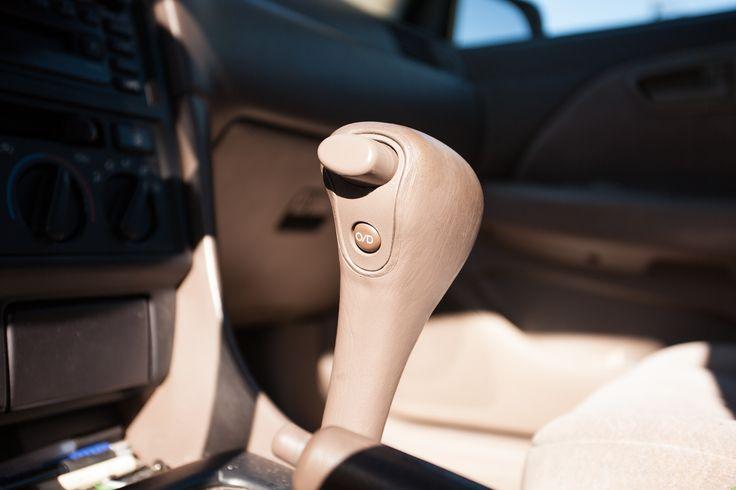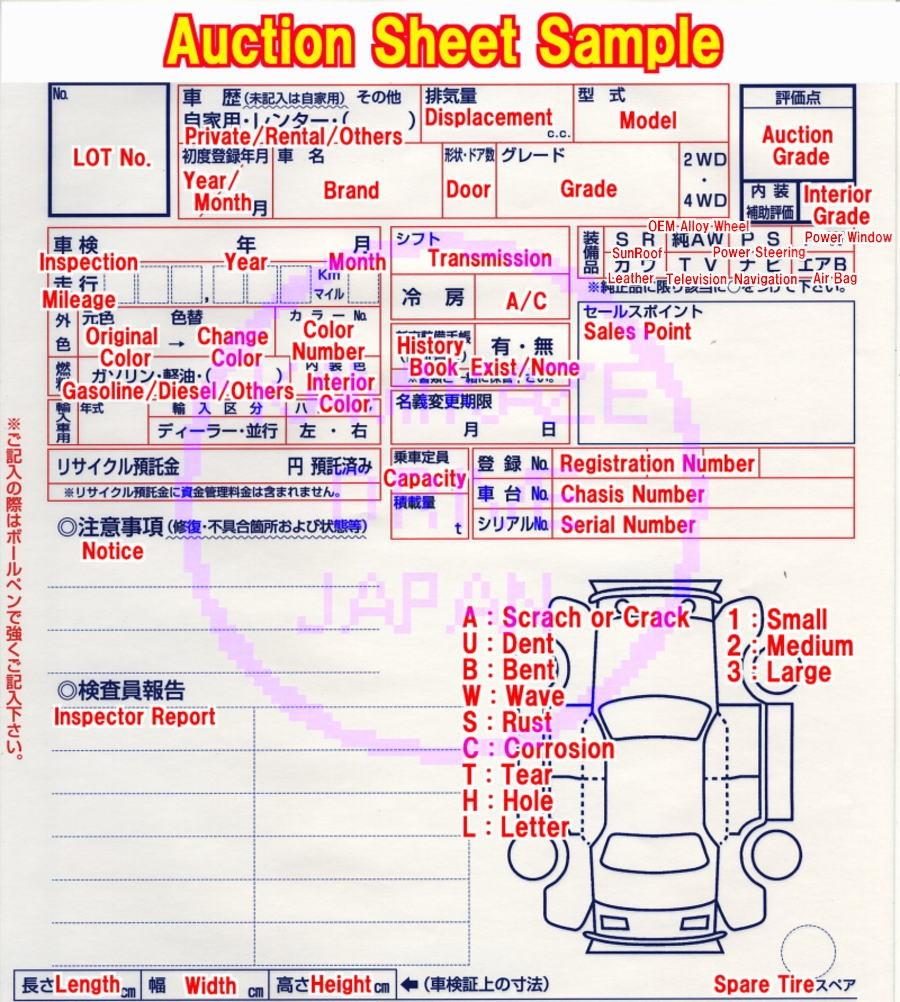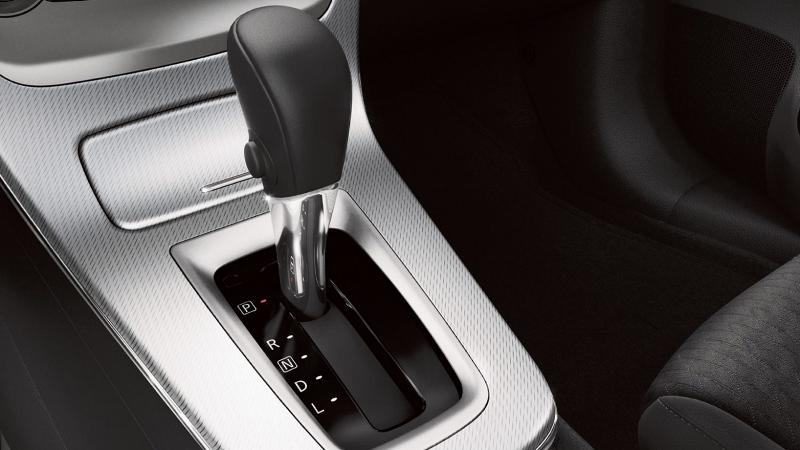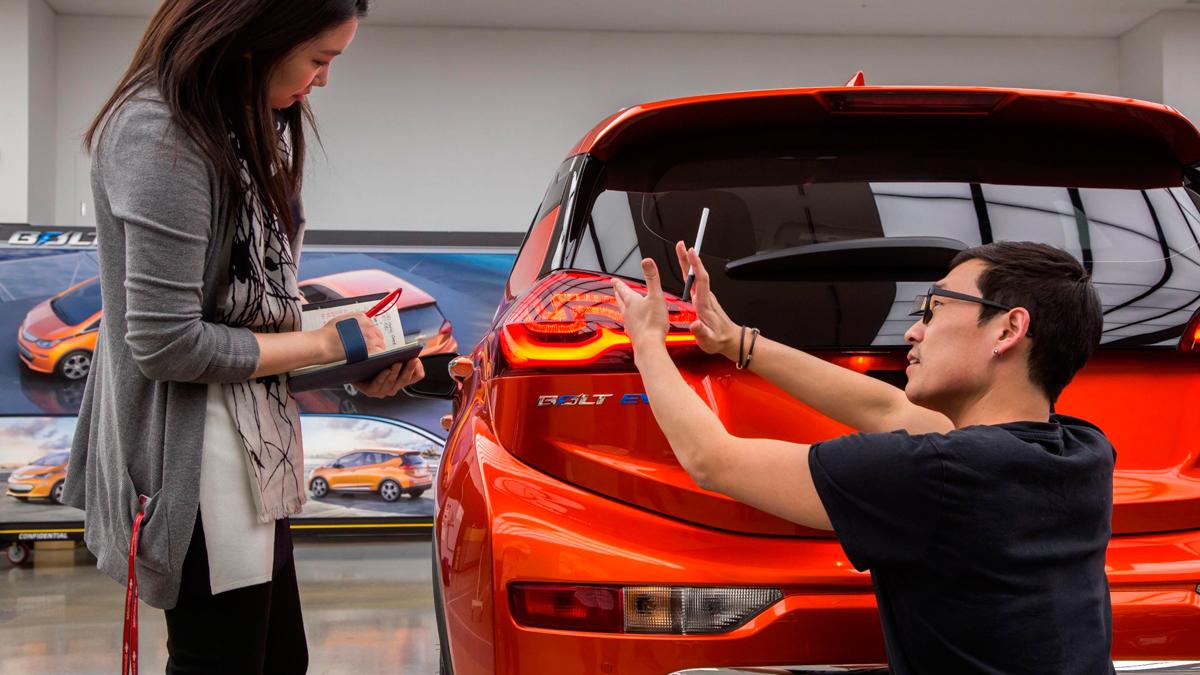What Happens if There Is a Low Rumbling Noise When Accelerating?
Hearing a low rumbling noise when accelerating can be disconcerting for many drivers. This phenomenon can indicate a range of potential issues with your vehicle, from minor fixes to more serious problems requiring immediate attention.
Understanding the causes and knowing what steps to take can help ensure your vehicle remains in good working order. Below, we explore the common reasons behind this issue and address some frequently asked questions.
Causes of Low Rumbling Noise When Accelerating
Exploring the causes of a low rumbling noise when accelerating in more detail can help in understanding what might be going wrong with your vehicle. Each cause has specific characteristics, implications, and remedies.
Exhaust System Problems
The exhaust system plays a crucial role in directing combustion gasses away from the vehicle’s cabin and minimizing engine noise. Problems can arise in different parts of this system.
Leaks in the exhaust manifold, which collects exhaust gasses from the engine’s cylinders, can occur if the manifold cracks or its gaskets deteriorate. This leads to a noticeable rumble as the gasses escape.
Exhaust pipes can become damaged from impacts or corrode over time, creating openings where exhaust gasses leak, producing a rumbling sound.
Similarly, issues with the muffler, which reduces the noise produced by the exhaust process, can result from damage or corrosion, compromising its effectiveness and resulting in a louder rumble.
Faulty Engine Mounts
Engine mounts stabilize the engine and absorb vibrations. When these mounts fail, the degradation of the rubber or synthetic materials can lead to cracks or breaks.
This allows the engine to shift more than normal, especially under acceleration, causing vibrations and noise. The excessive movement can also strain other components, such as the drivetrain and transmission, potentially leading to further issues.
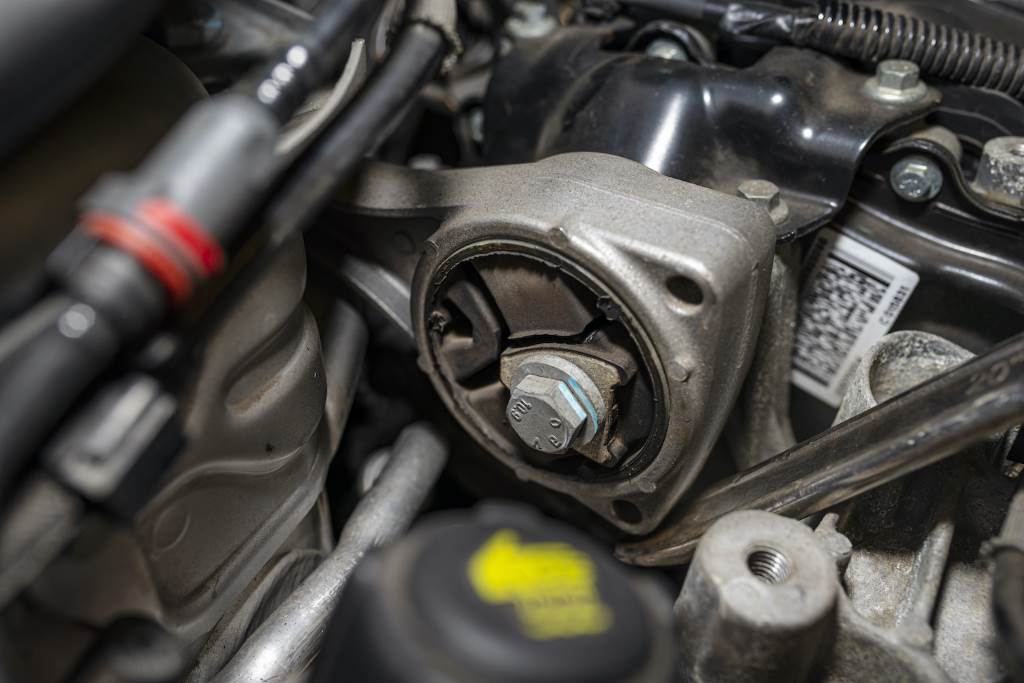
Worn or Damaged Drive Belts
Drive belts, including serpentine belts, are essential for powering engine accessories such as the alternator, air conditioning compressor, and power steering pump. As belts wear, they can develop cracks, become glazed, or start to fray.
A worn belt might slip on the pulleys, leading to vibrations and a rumbling or whirring sound. Regular inspections can identify this wear and tear early on, allowing for timely replacement to avoid further complications.
Issues with the Transmission
The transmission is essential for transferring engine power to the wheels. Transmission problems can be complex and varied.
Low fluid levels, for example, reduce the lubrication and cooling of the transmission, leading to increased friction, heat, and wear, which can cause a rumbling noise.
Difficulty shifting gears, along with rumbling noises, can indicate deeper transmission issues that might range from needing a simple fluid change to requiring more extensive repairs.
Problems with the Differential
The differential allows the wheels to turn at different speeds, essential for cornering. Low differential fluid results in poor lubrication, leading to increased friction and wear, which can manifest as a rumbling noise, especially noticeable when accelerating or making turns.
Over time, the gears and bearings within the differential can also wear down, leading to noise and operational issues.
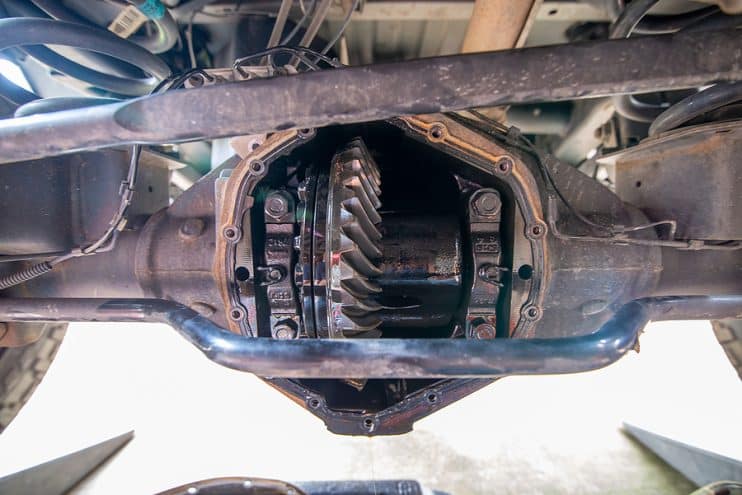
Tire Problems
Sometimes, what seems like a rumbling from the engine or exhaust could actually be coming from the tires. Uneven tire wear, low tire pressure, or tires that are out of balance can create rumbling sounds, especially at higher speeds.
Regularly inspecting your tires for wear patterns and maintaining proper inflation can help mitigate this issue.
Wheel Bearing Wear
Wheel bearings allow the wheels to rotate smoothly. If a wheel bearing becomes worn or damaged, it can produce a rumbling or grinding noise when the vehicle accelerates.
This noise typically increases with vehicle speed and can sometimes be more pronounced when turning. Wheel bearings require professional replacement.
Suspension Issues
The suspension system, including shocks and struts, helps absorb road irregularities and maintain vehicle stability.
Worn or damaged suspension components can lead to a rumbling noise due to the increased movement of the suspension parts or the body of the vehicle itself.
Inspecting the suspension system for worn parts and ensuring timely replacement can prevent this.
Brake System Wear
Problems with the brake system, such as worn brake pads, damaged rotors, or issues with the brake caliper, can sometimes cause a rumbling sound, particularly if the noise occurs or worsens when braking.
Regular brake inspections and maintenance are essential to ensure the system functions correctly and safely.
Each of these causes points to the importance of comprehensive vehicle maintenance and the need for attention to various systems beyond just the engine and transmission.
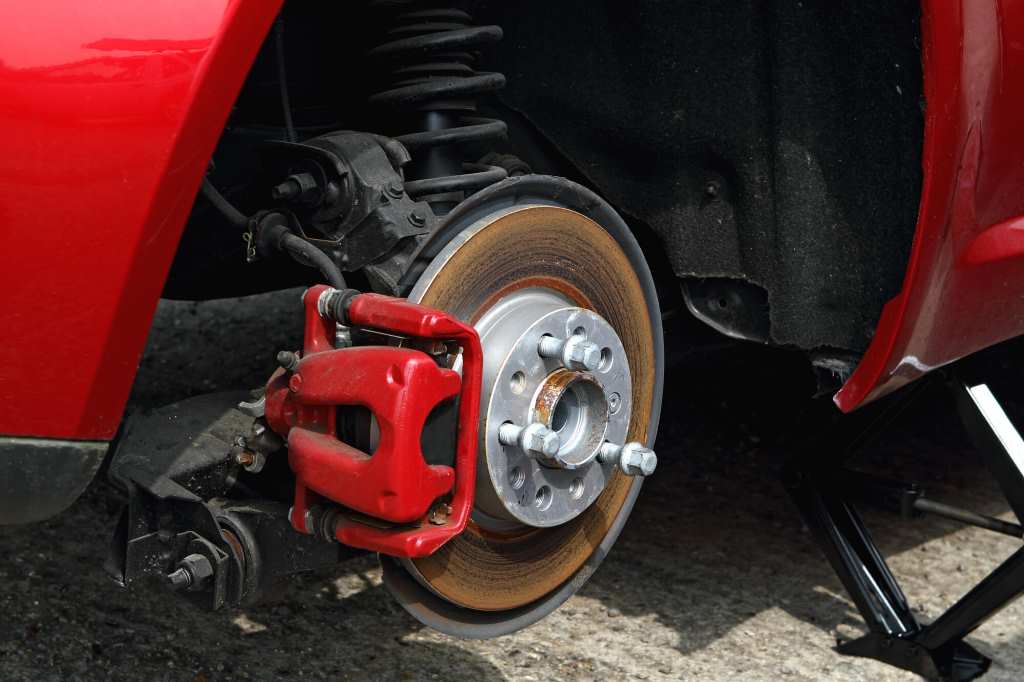
FAQs
1. Can tire issues cause a low rumbling noise when I accelerate?
Yes, tires can contribute to a low rumbling noise, especially if they are unevenly worn or improperly inflated. Misaligned wheels or unbalanced tires can also create vibrations and noises during acceleration.
2. Could the type of fuel I use influence the rumbling noise during acceleration?
While less common, using a lower octane fuel than what’s recommended by the vehicle manufacturer can sometimes cause engine knock, which might be perceived as a rumbling sound during acceleration, especially under load.
Always use the fuel grade specified in your vehicle’s owner manual.
3. Is it possible that a low rumbling noise is just a characteristic of my vehicle?
Some vehicles, particularly those with larger or high-performance engines, may naturally produce a deeper rumbling sound upon acceleration due to their design and exhaust system configuration.
However, any change in the sound’s character or intensity should be investigated to rule out underlying issues.
4. Can weather conditions affect the emergence of rumbling noises when accelerating?
Extreme temperatures can affect vehicle components, potentially leading to noises. Cold weather, for instance, can stiffen materials and fluids, causing the engine and transmission to operate noisily until they reach optimal operating temperatures.
Similarly, heat can expand components, possibly altering clearances and leading to unusual sounds.
5. If my vehicle is electric or hybrid, should I still be concerned about a rumbling noise when accelerating?
While electric and hybrid vehicles generally operate more quietly than their gasoline counterparts, they are not immune to mechanical issues.
A rumbling noise in these vehicles could stem from the electric motor, transmission, or even tire and road interactions. Any unusual noise warrants investigation.
6. Could the rumbling noise be related to aftermarket modifications?
Aftermarket modifications, such as changes to the exhaust system, engine tuning, or the addition of certain performance parts, can alter the vehicle’s acoustics and dynamics.
These changes might introduce new sounds or amplify existing ones during acceleration. Always ensure that modifications are carried out by professionals and are in line with vehicle specifications.
Check out this video from Budget Mechanic to learn more about the common sounds a car makes when something is wrong!
Conclusion
Identifying the source of low rumbling noise when accelerating can require a bit of detective work. Understanding these potential causes provides a solid foundation for diagnosing and addressing the car issue, ensuring the smooth operation of your vehicle!





